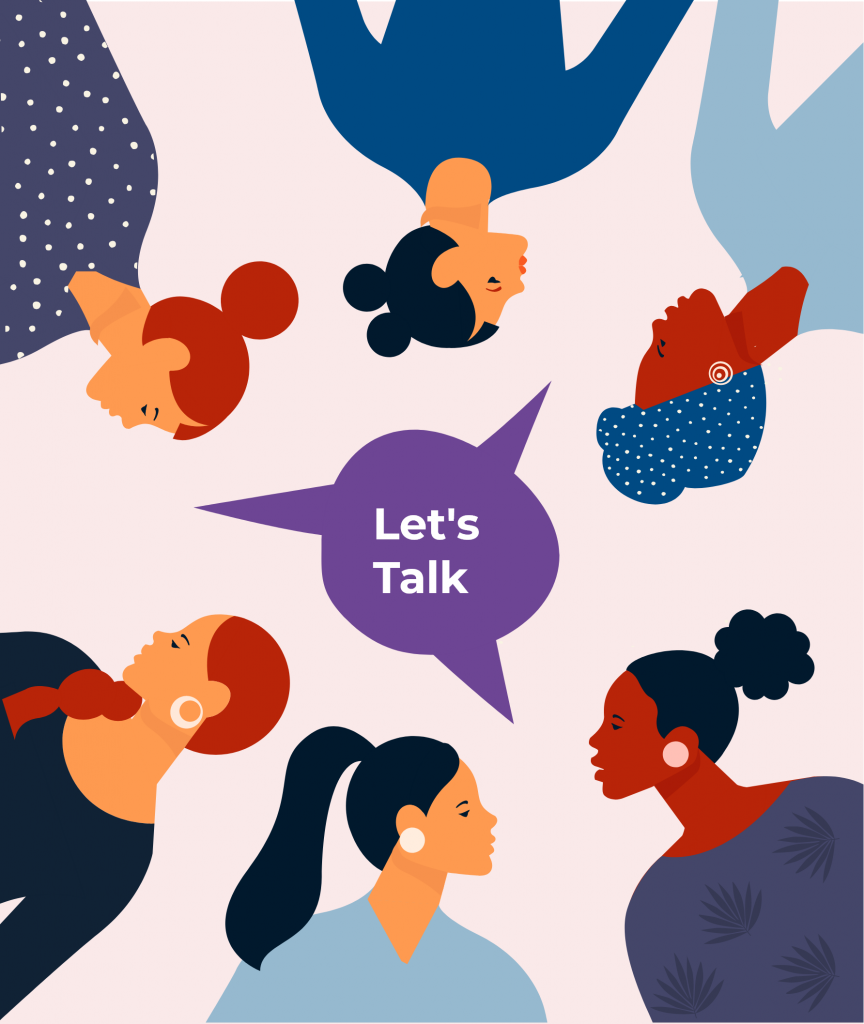Offering free, confidential and non-judgemental specialist support services.

If you need help or support. We're here to support you
Sexual violence is an abuse of power by one person over another. It’s any sexual activity that happens without a person’s consent. The offender has ignored your will and taken it upon themselves to control what is done to you.
There are lots of different aspects to sexual violence, it’s important to recognise these and understand that all these forms are frightening – often leaving the survivor feeling violated. But it’s also good to remember you’re not alone.
Let’s be honest – sexual violence is a scary term
Violence is a harsh term and when you combine it with something as intimate as sex it can be incredibly powerful. But not as much as the emotions many survivors of sexual violence feel about their experience. It does take many forms and the outward signs of an individual affected are not always visible.
PRCCG never judge you, we are here to listen, support, and believe in you.
Sexual violence covers a range of actions and the majority of these are criminal offences.
In reality, these are all forms of unwanted sexual behaviour or a way of inflicting control that humiliates the survivor causing pain, fear and intimidation. This is the description of what happens when someone makes another person take part in sexual activity without their consent.
Offenders can abuse power in various ways and these are not easy to recognise.
How a survivor describes what has happened to them is important. As a society, we’re good at labelling activities but this can be detrimental as you also make assumptions based on the words used. Keeping an open mind and listening to the facts is what we’re good at, helping you to describe your situation as you have experienced it.
PRCCG recognise and respect that everyone’s experience of sexual violence is unique to them. We understand that as a survivor you may react differently depending on your age, religion, gender identity, sexuality or ethnicity. The support we offer will help you with the impact your experiences are having on you and your life.
Our ISVA’s can talk to you about the available help including :
If you’ve experienced a sexual assault, share the burden and get in touch with us today. Everything you say to us is confidential. If you know someone who has been affected by sexual violence, you’ll want to help. Speak to us today, and let us support you to do this for your friends or family.

We use cookies on our site by continuing to browse our site, you agree to the use of these cookies. You can read our cookie policy and learn more here